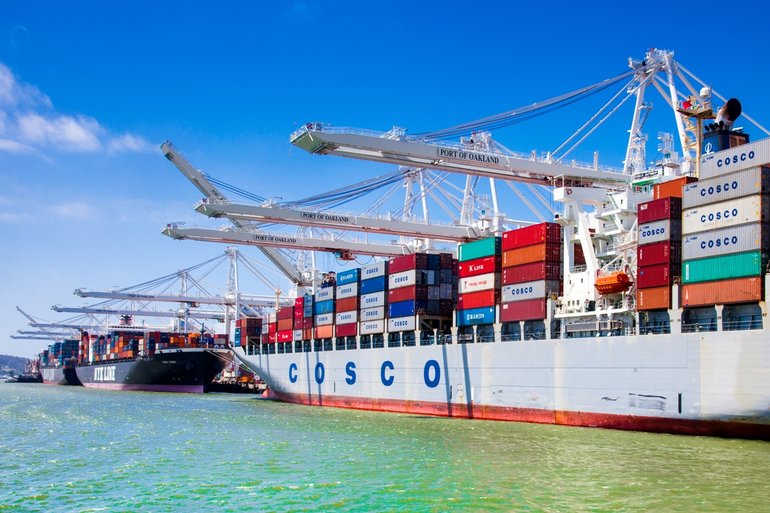Imports at the nation’s major retail container ports are expected to grow a healthy 5.8 percent year-over-year this month but could be threatened in the future if the developing trade war between the United States and China continues to escalate, according to the monthly Global Port Tracker report released today by the National Retail Federation and Hackett Associates.
“Tariffs are a tax on American consumers in the form of higher prices but they are also a tax on American jobs,” NRF Vice President for Supply Chain and Customs Policy Jonathan Gold said. “If tariffs ultimately lead to a reduction in imports and exports, that will put dockworkers and countless others in the supply chain out of work. American consumers and workers should not be punished for China’s wrongdoing.”
“There is nothing good about a trade war,” Hackett Associates Founder Ben Hackett said. “It is a vicious circle of retaliation where there are no winners, only losers.”
Ports covered by Global Port Tracker handled 1.69 million Twenty-Foot Equivalent Units in February, the latest month for which after-the-fact numbers are available. That was down 4.1 percent from January but up 15.8 percent from a year ago, with the year-over-year number skewed because of fluctuations in when Lunar New Year factory shutdowns occur in Asia each year. A TEU is one 20-foot-long cargo container or its equivalent.
March was estimated at 1.54 million TEU, down 1.2 percent year-over-year. April is forecast at 1.72 million TEU, up 5.8 percent from last year; May at 1.82 million TEU, up 4.1 percent; June at 1.83 million TEU, up 6.5 percent; July at 1.88 million TEU, up 4.5 percent, and August at 1.9 million TEU, up 3.9 percent.
The first half of 2018 is expected to total 10.4 million TEU, an increase of 5.6 percent over the first half of 2017. The total for 2017 was 20.5 million TEU, up 7.6 percent from 2016’s previous record of 19.1 million TEU.
Thanks for reading CPA Practice Advisor!
Subscribe Already registered? Log In
Need more information? Read the FAQs




